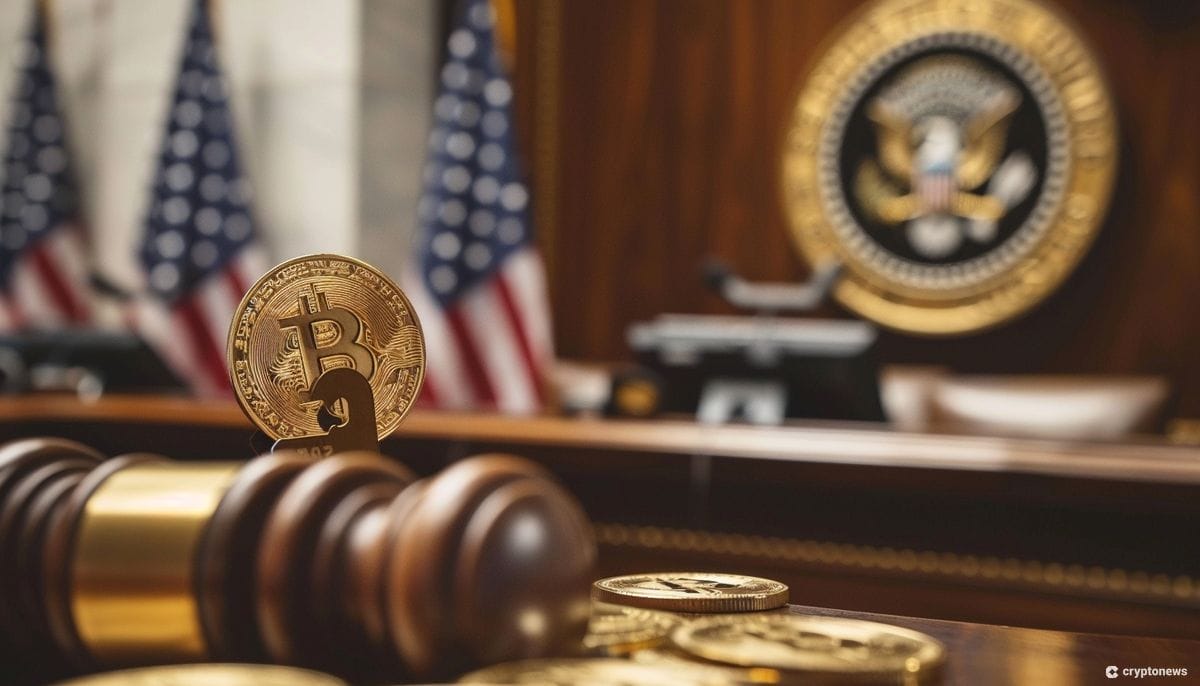Shaquille O’Neal, former basketball star, is facing legal action over his involvement in the Astrals NFT project after a U.S. federal court partially dismissed a class-action lawsuit against him. The court ruled that O’Neal was not a “control person” in the project but could be considered a “seller” under legal definitions. This decision comes amid allegations that O’Neal promoted Astrals and encouraged investors to join the project, leading to a significant drop in the value of its financial products. The court did not dismiss the accusation that Astrals sold unregistered securities, highlighting the ongoing legal scrutiny surrounding cryptocurrency and NFT ventures.
The attorney representing the investors in this case, Adam Moskowitz, praised the ruling as potentially impactful for similar lawsuits involving celebrity endorsements in the cryptocurrency space. District Judge Moreno’s decision provides much-needed clarity in the complex area of cryptocurrency and could influence the outcomes of other pending cases. O’Neal and the Astrals project team are expected to respond to the remaining allegations by September 12, 2024, shedding light on the future of the legal proceedings related to the NFT project.
In recent months, there has been a trend of companies discontinuing their involvement in the NFT space. Starbucks terminated its NFT rewards program, GameStop closed its NFT marketplace, and X, under Elon Musk’s ownership, discontinued a feature allowing premium users to use NFT images as profile pictures. This decline in interest in the NFT space contrasts with positive news such as Cristiano Ronaldo collaborating with Binance for the launch of his fourth NFT collection. Despite the success of the collection, Ronaldo faced legal issues related to his involvement in NFT collection sales with Binance, including a class-action lawsuit in a United States district court in Florida.
The allegations against O’Neal in the Astrals NFT project point to the complexities surrounding celebrity endorsements in the cryptocurrency space. The court’s decision to dismiss some claims while upholding others reflects the ongoing legal challenges faced by celebrities promoting cryptocurrency and NFT ventures. With the increasing scrutiny and regulation in the industry, it is crucial for both celebrities and investors to understand the legal implications of their involvement in such projects. The outcome of the lawsuit against O’Neal could set a precedent for future cases involving celebrity endorsements and the sale of unregistered securities in the crypto space.
As the legal battle between O’Neal and the investors progresses, the cryptocurrency and NFT industry continues to evolve. Companies are reevaluating their participation in the NFT space, either discontinuing their services or facing legal issues related to their involvement in NFT ventures. This changing landscape underscores the need for regulatory clarity and transparency in cryptocurrency and celebrity endorsements to protect both investors and public figures. The outcome of the lawsuit against O’Neal and the Astrals project team will likely have far-reaching implications for the future of celebrity-backed cryptocurrency projects in the market.










